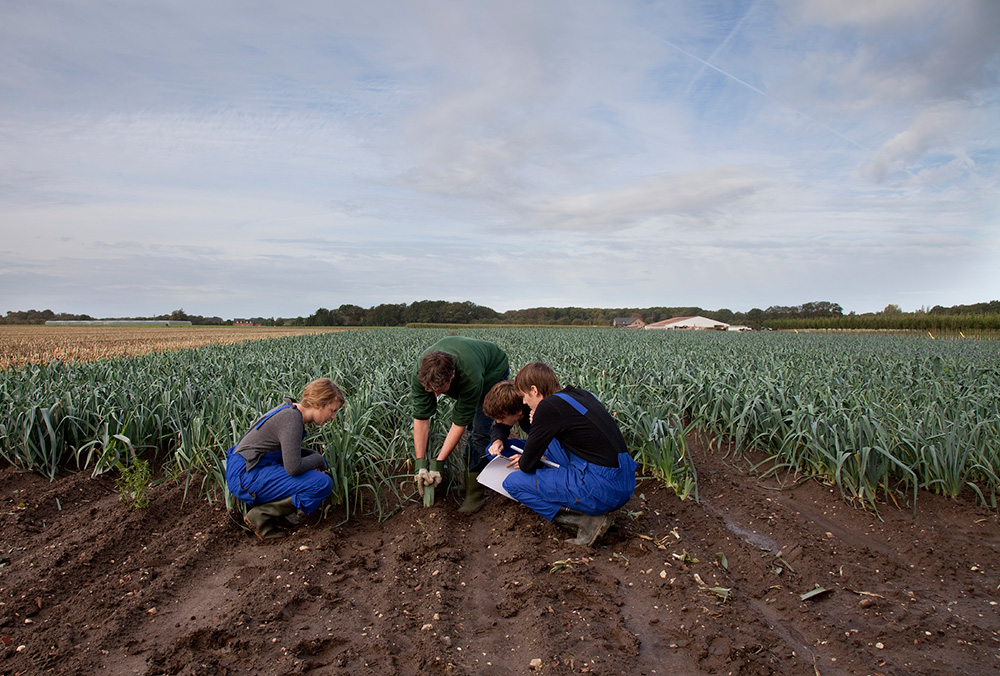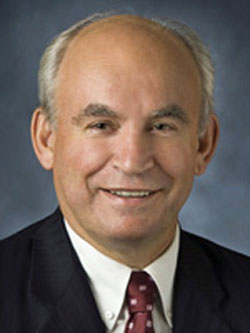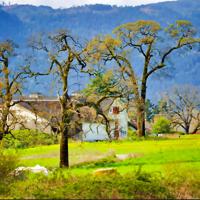Minister of Agriculture’s Advisory Committee
Revitalizing the Agricultural Land Reserve and the Agricultural Land Commission
Discussion Paper for Stakeholder Consultation and Public Engagement
Minister of Agriculture’s Advisory Committee
The Minister of Agriculture, the Hon. Lana Popham, was tasked in her mandate letter with “Revitalizing the Agricultural Land Reserve (ALR) and the Agricultural Land Commission (ALC)”. To deliver on this important commitment, the Minister established an independent advisory committee to provide the Province with strategic advice and policy guidance.




 By
By 

![[Tyee]](https://thetyee.ca/ui/img/ico_fishie.png)